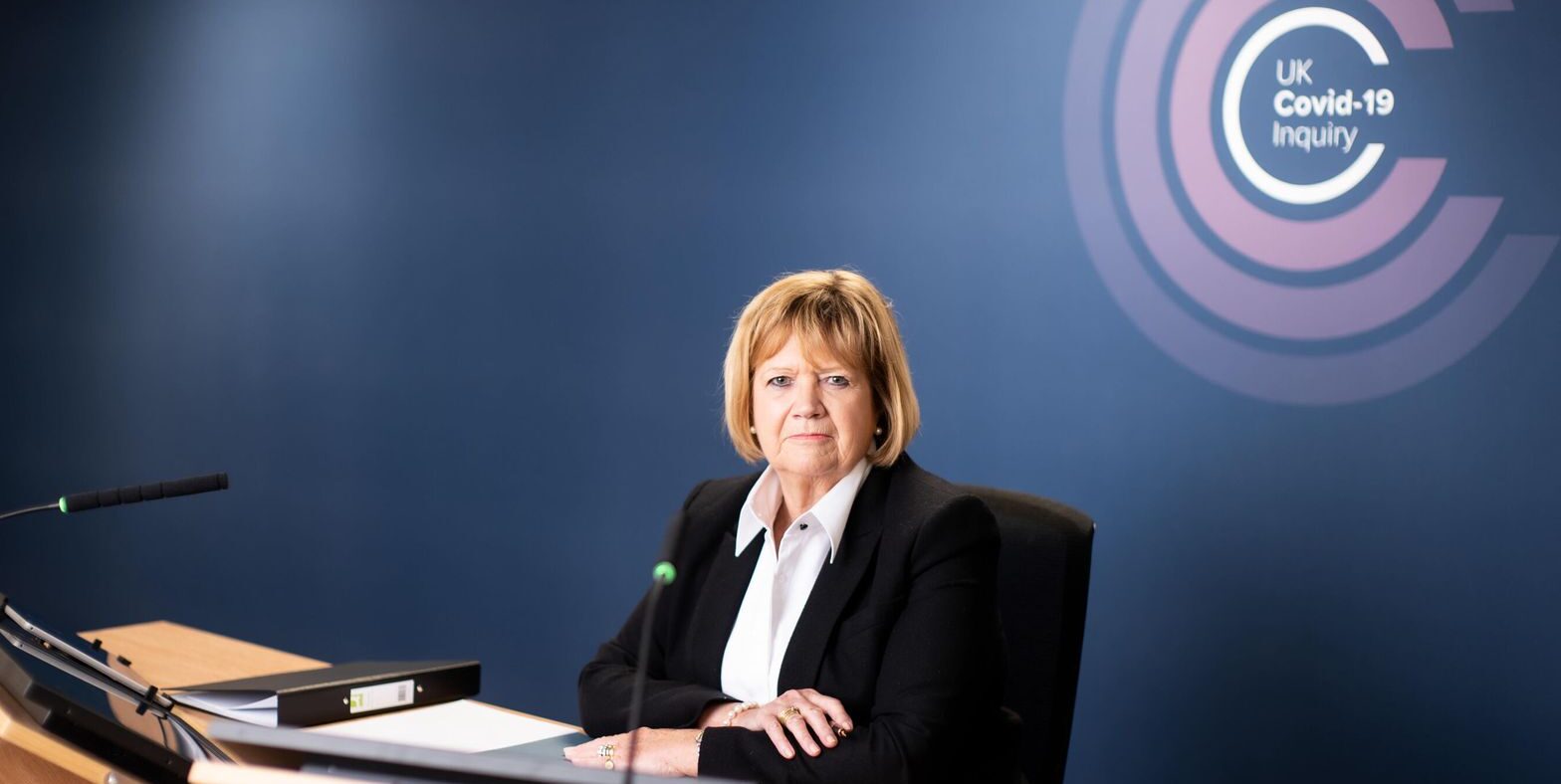The UK Covid inquiry has now begun its nationwide “listening” exercise, which will run alongside the formal hearings and expert testimonies over the next three years.
Every Story Matters aims to collect tens of thousands of personal stories from across the country “adding insight about the human impact of the pandemic on the UK population”. This is “integral to the inquiry and ensures that it is informed by people’s experiences”.
The listening project aims to fulfil chair Baroness Hallett’s promise that “those who have suffered will be at the heart of the inquiry.” But this collective exercise in public grief is likely to further entrench the inquiry’s mainstream pro-lockdown narrative by making some stories more equal than others.
The first problem is sample bias. Bereaved families are already overrepresented in the inquiry and it is highly likely that such individuals will be more incentivised to submit their stories, due to the nature of grief and the numerous organisations representing them.
In addition, social scientists have long highlighted the problems with online data collection that proliferated during the pandemic. Others have also shown how easy it is to generate skewed findings from biased samples, whether in vaccine uptake or lockdown opinion polls.
A second problem is that, by definition, a biased sample will generate a biased set of findings. The inquiry claims that it will use these stories to create themed reports that will “be submitted to each relevant investigation as evidence to identify trends and themes…which may illustrate systemic failures.” Personal stories certainly have something to add to the inquiry, but using them to directly shape public investigations, based on what is likely to be a highly biased sample, is deeply problematic.
The inquiry would be better off first diving into the existing academic literature. There was a torrent of Covid academic papers — over 100,000 published in 2020 alone, and nearly 10,000 in the social sciences — at least 2,000 of which were empirical studies. In 2021, the British Academy synthesised social research evidence generated in the UK during the pandemic. This is not to say bias and evidence gaps don’t exist, but the idea that the inquiry needs to start from scratch is untethered from the norms of good research.
Finally, it is not clear how these stories will be used and presented back to the public in emotive narrative form. The Every Story Matters video states that: “the pandemic affected every single person in the UK and in many cases continues to have a lasting impact.” So far, the inquiry’s public engagement arm has released a series of four tapestries that focus exclusively on the experience of bereavement and long Covid. A more representative and deliberate selection of voices would help, but I doubt the inquiry will commission the likes of Bob Moran or other provocative rebel artists.
Public engagement is always political. Favouring some stories over others is bound to reinforce the status quo. Unfortunately, these biases will continue to plague the inquiry’s attempts to come to terms with the totality of human suffering during the pandemic.










Join the discussion
Join like minded readers that support our journalism by becoming a paid subscriber
To join the discussion in the comments, become a paid subscriber.
Join like minded readers that support our journalism, read unlimited articles and enjoy other subscriber-only benefits.
Subscribe